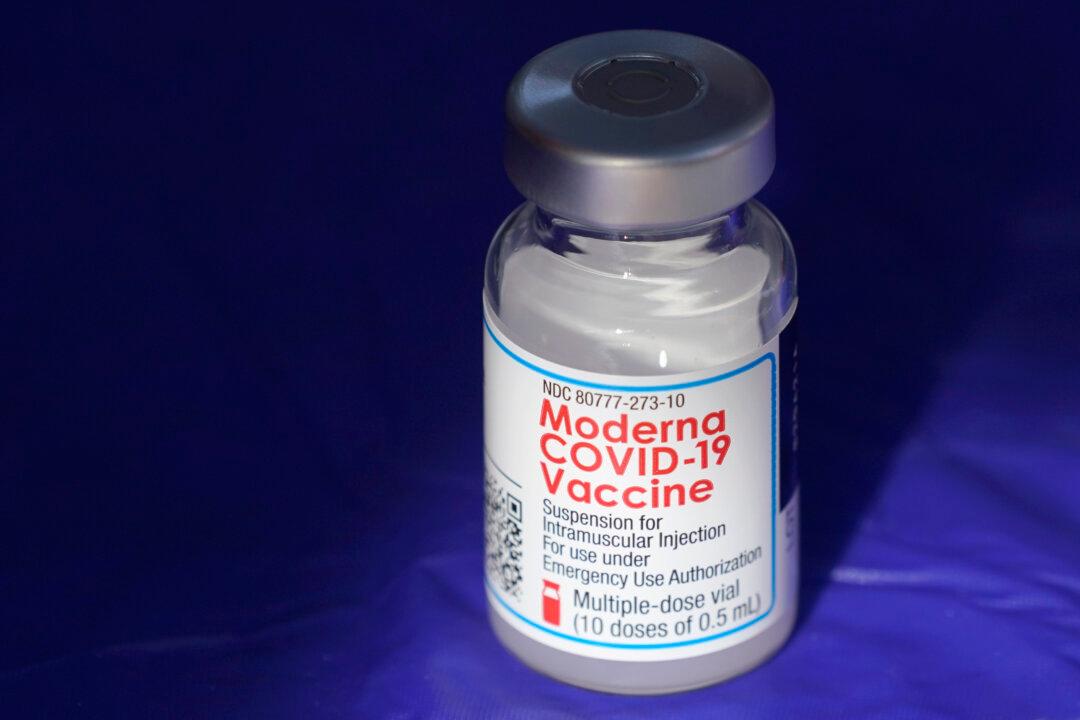The National Institutes of Health (NIH) and Moderna are engaged in a dispute over which scientists developed Moderna’s COVID-19 vaccine, with the conflict possibly heading to court.
Moderna and government scientists collaborated on the development of the shot and the government asked the company to include a trio of scientists on its patent application. But company officials said in a patent filing in July for a key sequence that’s part of the vaccine that they “have reached a good-faith determination” that the scientists did not invent it.






